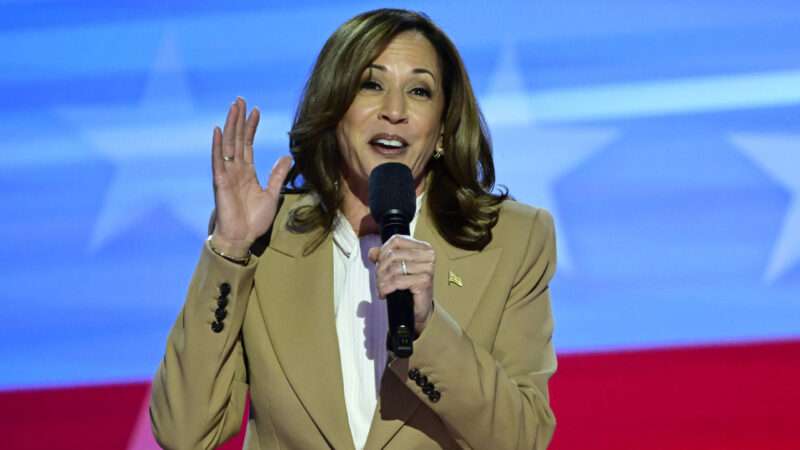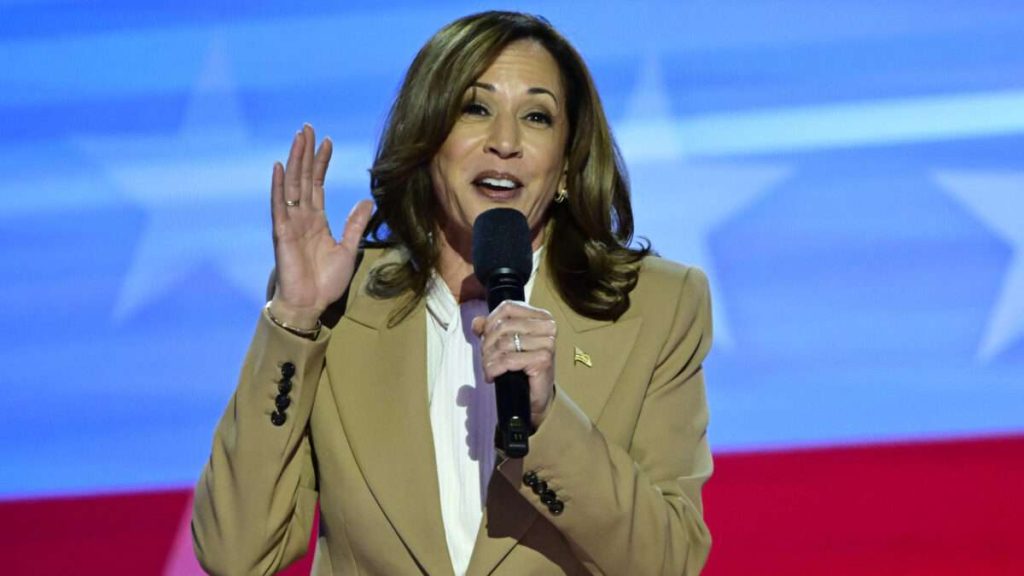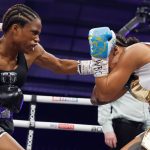
The results are in and Donald Trump has won a commanding victory in the 2024 presidential race. Pundits, pollsters, and wonks will be trying to explain why Vice President Kamala Harris did so poorly on Election Day for a while.
Some of their explanations will be better than others. But there is a clear, obvious, overall reason why Harris’ presidential bid went down in flames: her experience as a prosecutor left her ill-prepared to compete in a fair fight.
Harris spent 28 years of her professional life representing the government—first as a county prosecutor, then as San Francisco’s elected district attorney, and finally as California’s elected attorney general. In every one of these posts, Harris enjoyed all the unfair advantages that America’s judicial system confers onto the prosecution.
In criminal cases, she was free to pile excessive charges onto defendants in order to coerce plea deals and threaten them with a “trial penalty” if they insisted on their right to a trial by jury.
She could also knowingly prosecute innocent people, withhold evidence, rely on untrustworthy witnesses, and violate defendants’ civil rights, secure in the knowledge that “prosecutorial immunity” would shield her from any civil liability.
Throughout her career, Harris was unafraid of using these advantages.
As San Francisco’s district attorney, Harris used California’s “three strikes” law to pile sentencing enhancements on defendants accused of nonviolent crimes. She fought to keep cases out of the city’s drug court where defendants faced lighter sentencing and the potential for avoiding jail time.
Under Harris, San Francisco’s D.A. office failed to notify defense lawyers of the misconduct of its drug lab technician. When she was attorney general, Harris’ office defended dirty prosecutors who ran an unconstitutional jailhouse snitch program.
As attorney general, she was happy to tilt the scales of democracy in her favor as well.
In California, the attorney general is responsible for writing the titles and short summary language for ballot initiatives. Harris used this narrative-setting power to write biased language on a pension reform initiative she and her union allies opposed.
As a U.S. Senator, Harris continued to lean into the familiar prosecutorial opportunities that the job offered.
She shined in committee hearings by asking unfair, leading questions to captive testimony givers. (The chamber’s decorum rules prevented her victims from arguing back too much.) Her record of actual lawmaking was less impressive.
By 2019, her alleged talent for “prosecuting the case against Donald Trump” generated enough buzz for Harris to launch a bid for the presidency. It proved disastrous.
Without her prosecutorial safety net, Harris floundered. Instead of asking questions, she had to answer them. Her responses were characteristically rambling and unpersuasive. On the level playing field of the Democratic primary debate stage, she utterly failed to defend her record or make the case for herself.
The campaign trail policies she produced were risibly complex and totally uninspiring to the primary voters she needed to win over. She ended up dropping out of the race before a single vote was cast.
Joe Biden did end up picking her as his running mate. It doesn’t require much cynicism to think he put her on the ticket so as not to have a V.P. who might outshine him in the White House.
That seemed like a wise decision on Biden’s part for a while. Harris’ reputation as an untalented, vapid politician only hardened during her stint as vice president.
Her poor performance didn’t stop her from being the right person in the right place at the right time when a mix of Biden’s unpopularity and failing faculties made it clear to Democrats that he couldn’t continue to be their nominee.
As a presidential nominee, Harris clearly attempted to correct for her flaws as a terrible retail politician by hiding. It took her weeks to do media interviews. The walk backs of all her past progressive policy positions were intermediated by anonymous staffers.
That kind of opacity and risk aversion is fine for a prosecutor who knows they’ll almost certainly win so long as they don’t make huge mistakes. It doesn’t work in a tough election where voters are expecting you to affirmatively make the case for yourself.
For Donald Trump’s innumerable flaws, he’s never been afraid to put himself out there like a high-profile defendant trying to poison the jury pool. That strategy ended up working out a lot better.
Last night’s result is startling, given that polls predicted a much closer contest. But we shouldn’t be too surprised by it.
Harris’ whole career has been predicated on arguing from an advantaged position against weakened opponents. She excels in that role.
But in a fair fight where she couldn’t coerce people into doing what she wanted, she proved totally outmatched and unprepared.
The post Harris’ Career As Prosecutor Left Her Totally Unprepared for a Fair Fight appeared first on Reason.com.







